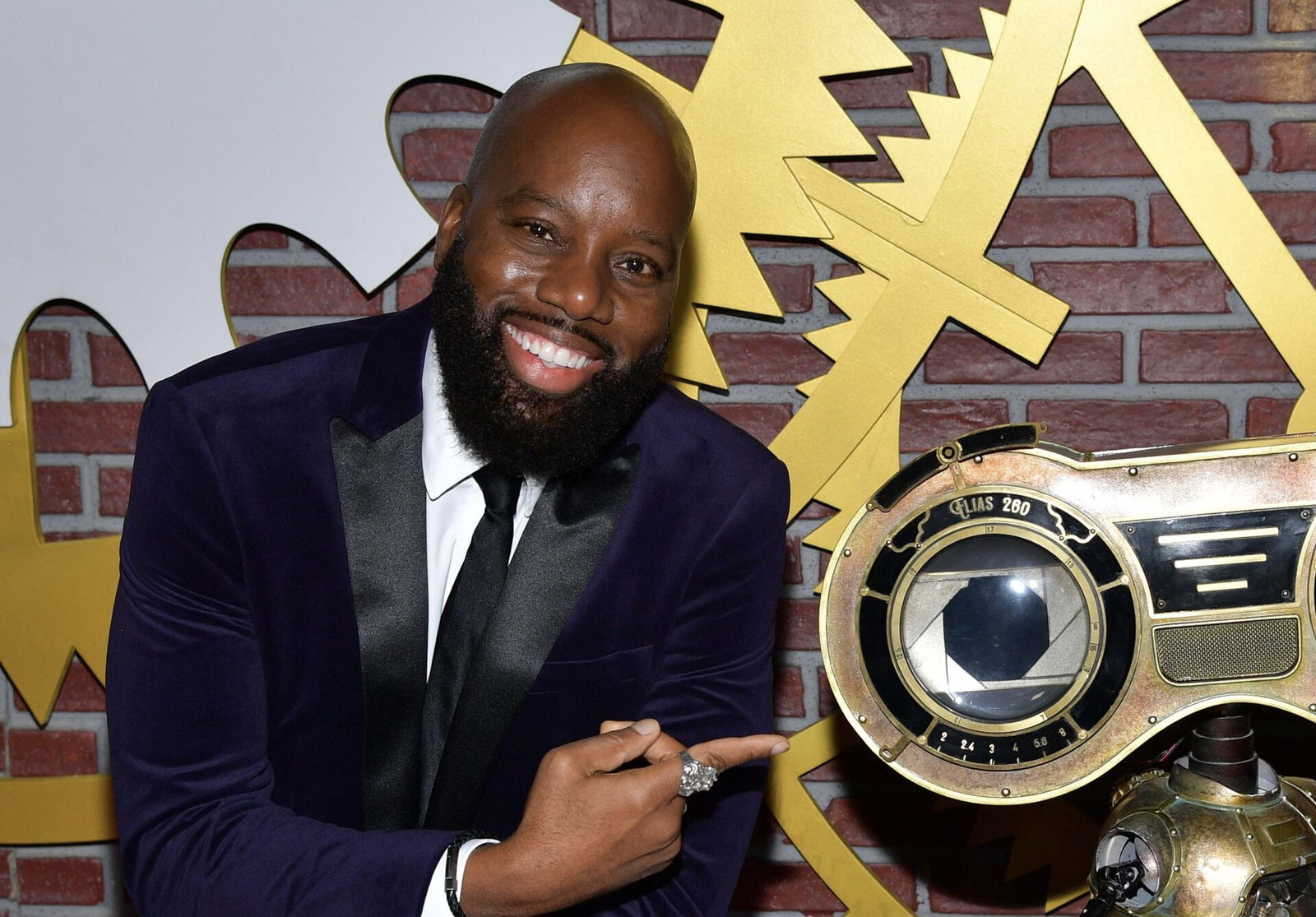
November 8, 2023
David E. Talbert ‘Next Fellowship’ Will Send HBCU Students To USC School Of Cinematic Arts
David E. Talbert is paying it forward to the next generation of filmmakers with his HBCU fellowship in partnership with USC.
Filmmaker David E. Talbert is paying it forward to the next generation of creators with his new HBCU fellowship in partnership with the USC School of Cinematic Arts.
The “Jingle Jangle” creator has launched the HBCU Next fellowship program that will bring aspiring filmmakers from Historically Black Colleges and Universities to the USC School of Cinematic Arts (SCA) Summer Program and expand their prowess in filmmaking, Deadline reports. With a goal of evolving the media landscape by championing the next generation of diverse storytellers, students will learn the culture within screenwriting and filmmaking to help provide more authentic portrayals of the Black experience.
Talbert created and funded the program alongside his wife and producing partner Lyn Sisson-Talbert to amplify the educational experience for film students of Color.
“Our overall objective is to foster an environment for students from HBCUs and USC to engage in cultural exchange, learning from one another’s experiences and backgrounds, and to provide access to an education conducive to giving Black storytellers a pipeline to the entertainment industry,” Talbert says.
“The industry gets to benefit from the uniqueness and authenticity of stories that that they might not be privy to.”
As part of the program, students will receive mentoring from Talbert on directing and screenwriting, as well as receive access to courses in advanced screenwriting, advanced directing, animation, producing editing, and gaming. HBCU graduates will also speak to HBCU Next scholars including Forest Whitaker, Tim Story, Ruth Carter, J.B. Smoove, and Anika Noni Rose.
As an HBCU alum, the “This Christmas” director knows firsthand how enriching the college experience can be despite the lack of access to entering into the industry post-graduation.
“Having graduated from an HBCU, and working in the business for over 30 years, I understand it’s never the artistry or intellect, but the access, that keeps people of Color from finding their way in,” he said. “HBCU Next was created to bridge that gap. Our Next is now.”